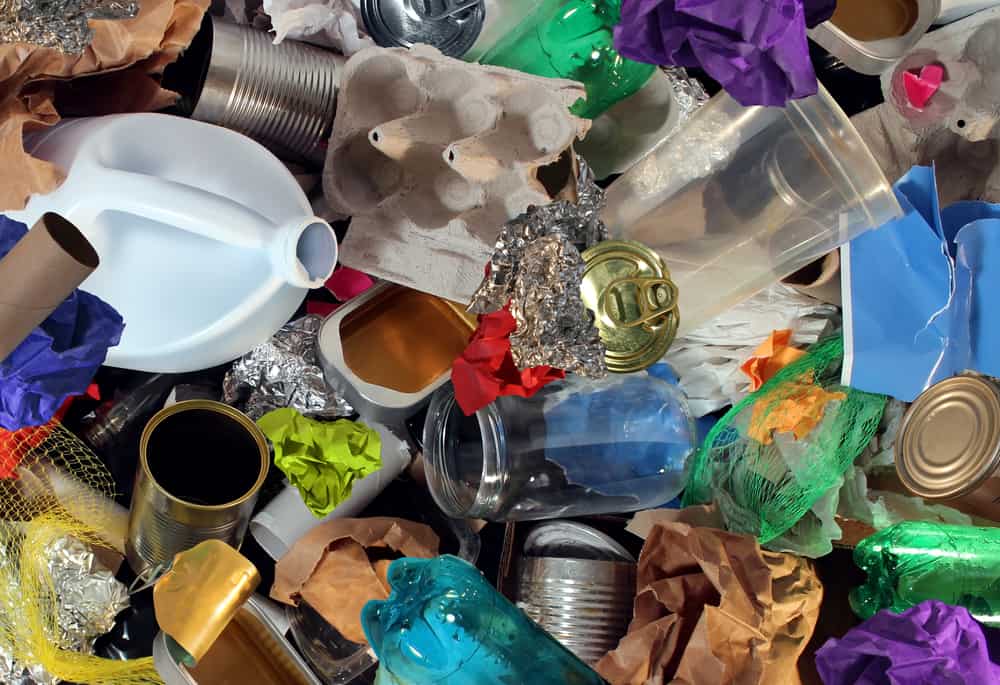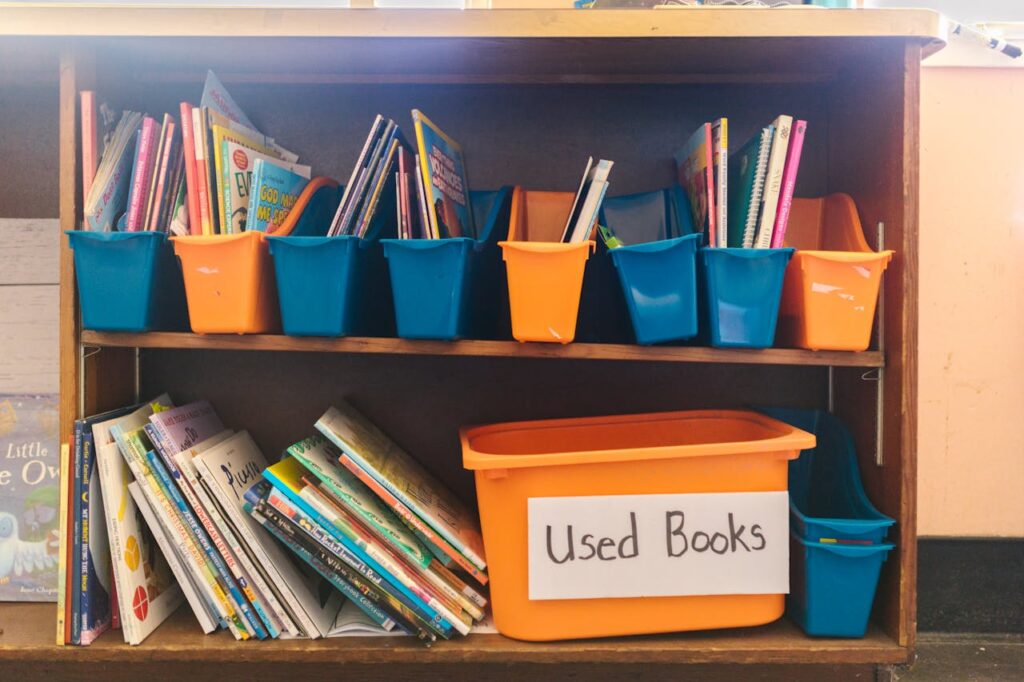- Last Update: January 22, 2025
- Key Takeaways
- The first Dutch recycling container was established in 1972.
- In 2024, The Netherlands received an EPI waste recovery rate of 97.7.
- In 2023, PET bottles and containers on the Dutch market averaged 44% recycled PET content.
The Netherlands Recycling History
The Netherlands is reputed to be the first Western European country with separate waste collection. The first Dutch recycling container was established in 1972 by a local action committee of women, who were involved in raising environmental awareness and in critiquing the waste of consumer society.
In the spring of 1972, two women concerned with the environment analysed the contents of a bin bag to trace waste streams in the Netherlands. The garbage inspection of the two women activists named Babs Riemens-Jagerman and Miep Kuiper-Verkuyl, who would form the basis of widespread glass recycling in the country. Only a few months later, these same Dutch women had a large container placed in the centre of their hometown for empty bottles. Soon, action committees in many cities followed.
The Netherlands Now
It is generally considered that the more valuable a material, the more likely it will be recycled. Metals are expensive to produce and easy to separate, and 95% of metal used by the Netherland’s packaging industry in 2018 was recycled, according to Afvalfonds Verpakkingen, the industry body charged with managing recycling on behalf of packaging companies and local authorities.
In comparison, just over half the plastic packaging used in the Netherlands in 2018 was recycled. In 2023, PET bottles and containers on the Dutch market averaged 44% recycled PET content.
The packaging industry claims that the Dutch high recycling rates make the country ‘one of the leaders in Europe’. According to the European Environment Agency (EEA), the Netherlands is fourth in the EU in terms of recycling waste, with 54% being recycled in 2019. Following onto recent years, the Netherlands received an EPI waste recovery rate of 97.7 in 2024.
A major issue with the percentage rates presented by both EEA and the packaging lobby is the method of calculating recycling. In EU terms, all collected and sorted waste counts as recycled, while ‘pollution’ such as left-over liquid in a bottle, is also included. Some of the 54% also ends up being incinerated or shipped overseas.
The Lighthouse Reports
Recent investigations by the Lighthouse Reports found that Dutch waste, marked as recycled, was shipped to Turkey and Malaysia and the latter imported 18 million tons of Dutch waste in 2019. New EU rules which will soon be introduced will change the definitions of what counts as recycling but, as Buurman points out, they will still miss the key point of recycling: measuring the environmental gain and getting people to simply use less. ‘The goal,’ he says, ‘is not to recycle but to reduce resource consumption.’
One way of doing this is using recycled material to replace virgin resources in creating a new product. The construction industry, for example, is working on reusing concrete from demolished buildings in producing new ones.
Benefits Of Recycling Plastics
Recycling technology company Itero has announced plans to build an innovative plant for recycling plastic waste in the Netherlands. The demonstration plant will use Itero’s patented pyrolysis technology to convert waste plastics into oils, wax and gas that can be used to produce new plastic and petrochemical products.
How The Plant Works
Itero’s demonstration plant will be located at the Brightlands Chemelot Campus in Sittard-Geleen, Europe’s Circular Hub and a key link in the Dutch chemicals ecosystem. It will be a commercial-scale facility with a capacity to process 27 kilotons of mixed and contaminated waste plastics per year. The demonstration plant will be a single module recycling facility, which can be scaled up by adding modules side-by-side. It will require an investment of 25 million Euros and is due to be operational from 2023.
Instead of focusing on preventing waste in the first place, and encouraging its reuse, government strategy tends to focus on recycling, which does little to counter the negative effects of rising production and consumption, especially for plastic packaging. Companies such as Itero will greatly contribute to minimising the effects of plastic waste, but targeting the production of plastic and challenging excessive consumerism will also help change the trajectory of global warming.








